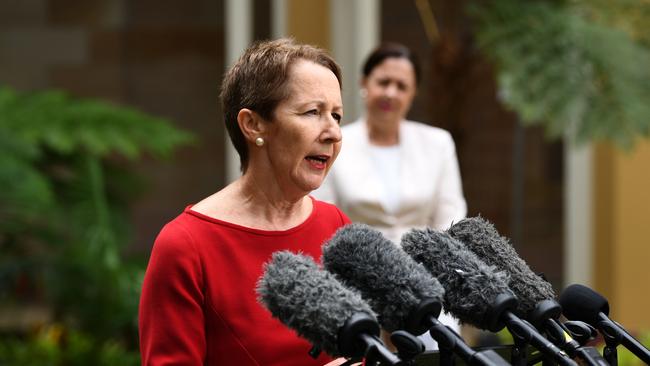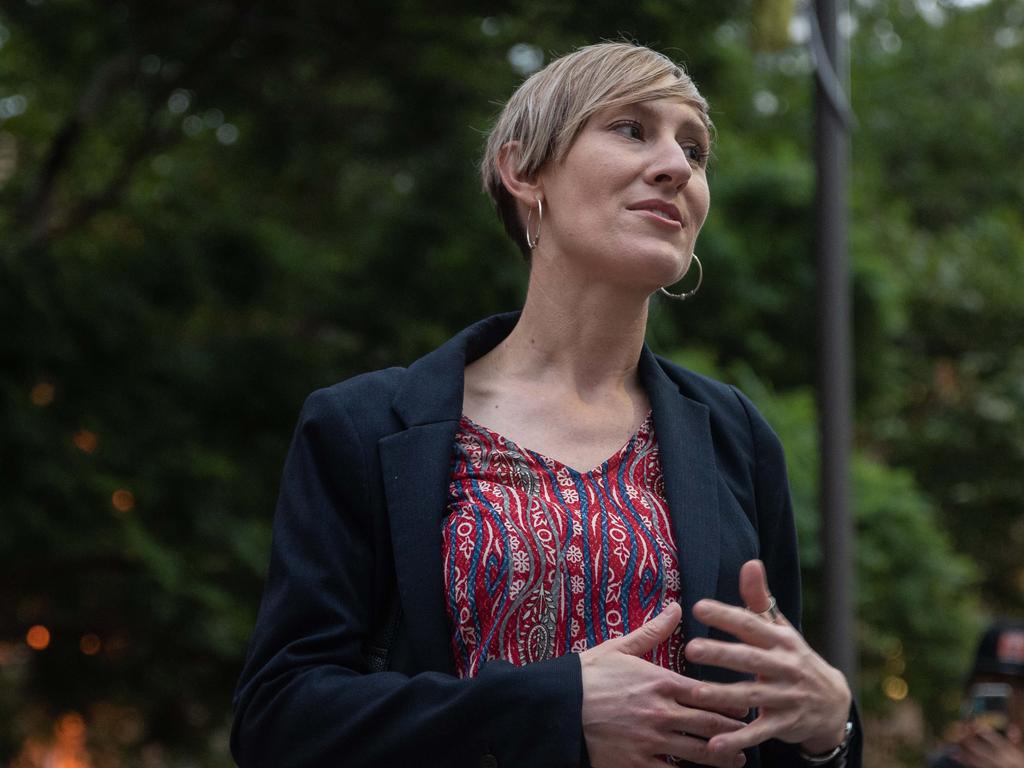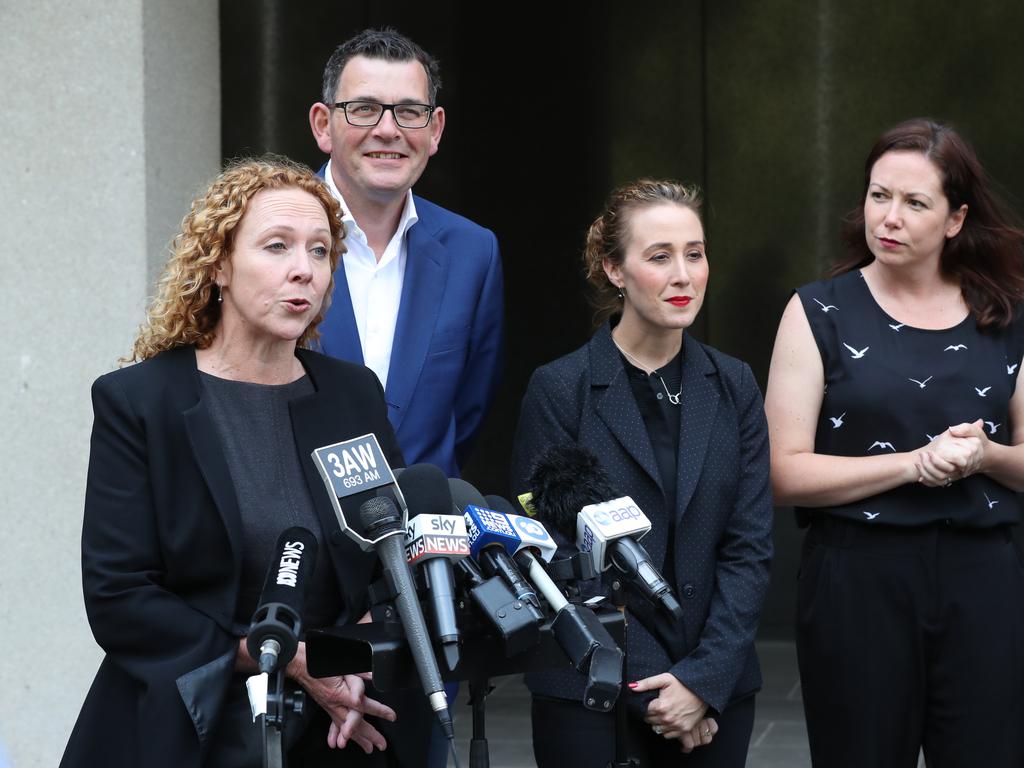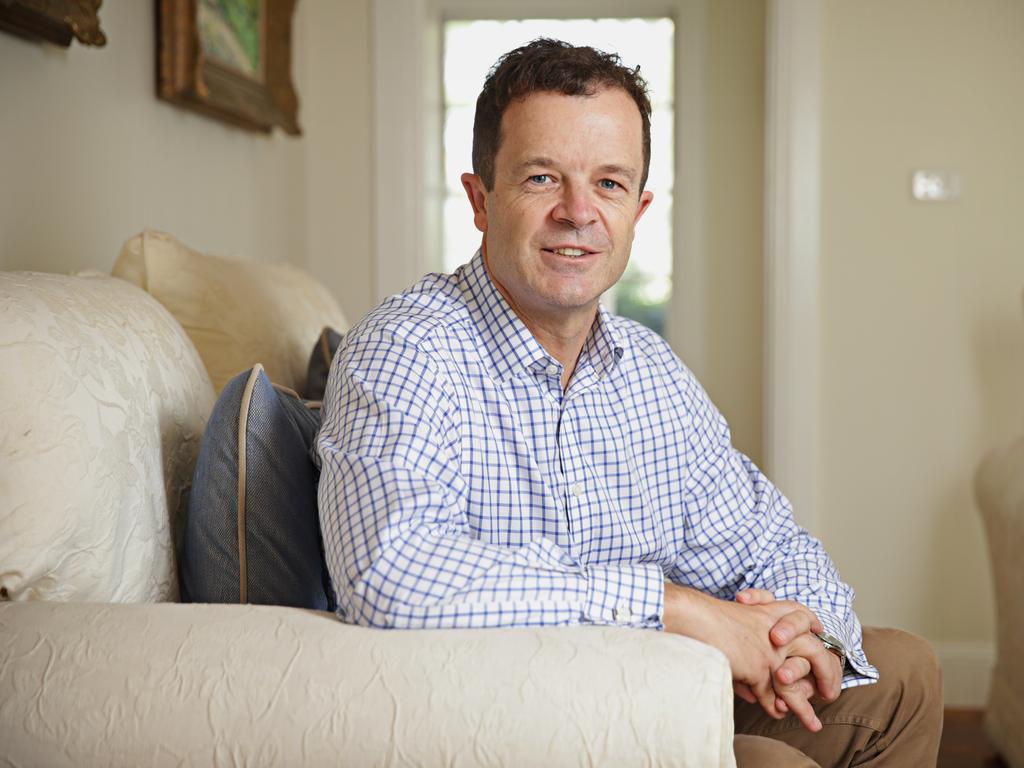Coronavirus: homes a prison as assaults on rise
Domestic violence assaults have become significantly more brutal and severe as coronavirus isolation turns homes into prisons.

Domestic violence assaults have become “significantly” more brutal as coronavirus isolation turns homes into prisons for some victims.
The Queensland Minister for the Prevention of Domestic and Family Violence, Di Farmer, said authorities across the country were grappling with an “amplification” of abuse caused by the COVID-19 outbreak and tough health restrictions.
Domestic violence crisis centres in the state have experienced a 40 per cent spike in calls for help since the start of the pandemic, on top of a 50 per cent surge after the murder of Hannah Clarke and her three children by her estranged husband in Brisbane in February.
Ms Farmer said social distancing restrictions meant all face-to-face behavioural change programs for domestic violence perpetrators had to be cancelled, and victims were finding it even more difficult to escape violent homes.
“You’ve got victims at home, the perpetrators are at home. They may have lost their job or certainly lost income. They have cabin fever, because they can’t get out. There is already really significant anxiety anyway … and then you have victims feeling like they can’t leave because of social distancing, or because it’s too dangerous,” Ms Farmer said.
“That in itself is creating huge problems. Service providers are saying to us the level of brutality and severity of the abuse is significantly increased.”
There was a 150 per cent increase in perpetrators volunteering for behaviour change programs in Queensland last year. The state government has introduced extraordinary but temporary reforms to allow victims of domestic violence to break their leases with just seven days’ notice, and to change the locks of their rental homes without permission from landlords.
Ms Farmer said the changes were crucial to remove any impediment to hinder a woman’s attempts to escape, and had been devised in close consultation with the Real Estate Institute of Queensland. The government will consider tweaking and keeping the reforms permanently after they expire in October.
“Women can — if they need to get out of a lease quickly — then they can. It’s one of the big things: they can leave straightaway if they need to, they can change the locks without going through the whole palaver,” Ms Farmer said.
“If a woman has to try, the remotest bit … it’s already hard (to leave), if she has to navigate all of that stuff, it’s going to be really hard (to leave a violent relationship).”
Queensland will hold a virtual domestic violence summit on Wednesday to address specific challenges sparked by the coronavirus crisis, including the dangerous situation faced by temporary visa holders who are victims of abuse.
The state government has spent an extra $5.5m for crisis accommodation, and funding for DV Connect, the statewide full-time telephone hotline for domestic violence support.
Women’s Health Queensland chief executive Emma Iwinska said the coronavirus outbreak had created a “perfect storm of conditions for increasing stress and, in some places, this has seen more coercion, intimidation and people fearing for their lives due to violence in the home’’. She said violence was “the dangerous secret hiding in so many … homes”.








To join the conversation, please log in. Don't have an account? Register
Join the conversation, you are commenting as Logout